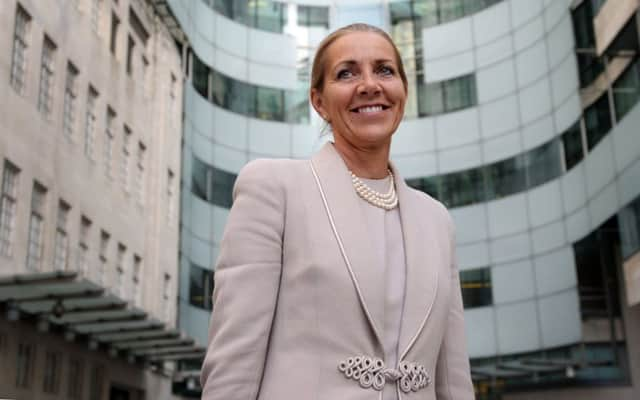BBC told time is coming to end the license fee


A detailed look at the broadcaster’s finances has recommended major changes to the BBC’s governance and for reforms to its funding.
MPs on the Commons culture select committee warn that “there are major questions to be answered about what justifies the close to £4bn of public money spent on the BBC, and on what the scope and scale of its activities should be”.
Advertisement
Hide AdAdvertisement
Hide AdThe committee’s report piles pressure on the BBC, which has faced a difficult period over the last few years, saying that “public trust in the BBC dipped” as a result of recent controversies, including “excessive severance payments” which saw George Entwistle receive £450,000 despite only 54 days as a director general and its handling of the Jimmy Savile scandal.
Committee chairman John Whittingdale said: “Over the last few years the BBC has suffered from a succession of disasters of its own making, yet it remains a widely admired and trusted institution, and fulfils many important functions both at home and abroad. However, when an organisation is in receipt of nearly £4bn of public money, very big questions have to be asked about how that money is provided and spent, and how that organisation is governed and made accountable.”
Mr Whittingdale added: “We also consider it anachronistic that it is a criminal offence to evade the licence fee, it is completely out of step with non-payment of other services and penalties. Decriminalisation of the licence fee should be linked to other measures to prevent an increase in evasion, possibly by introducing controls for access to television services and a move to a German-style household broadcasting levy.”
Shipley MP Philip Davies, who sits on the committee, said his preference would instead be for viewers to opt-in with a subscription service.
Advertisement
Hide AdAdvertisement
Hide AdHe said: “There are elements of the report with which I agree – that the licence fee has no long-term future and that the disastrous BBC Trust should be abolished – but there were also a number of places where my view was in a minority. For example I believe that the licence fee should be abolished and replaced with subscription but that was not the view of the majority.”
The BBC’s current Royal Charter expires at the end 2016 and the committee said that while a new 10-year charter remains the best constitutional arrangement for the BBC, a shorter charter could be granted to allow enough time to complete a review into the BBC and to implement plans to replace the BBC Trust, currently chaired by Rona Fairhead.
A BBC Trust spokeswoman said: “This report highlights a number of issues and challenges that the Trust recognises and that we are seeking to address, and we agree that there must be robust internal governance and independent regulatory oversight of the BBC.
“Charter Review will be when this and other issues are debated thoroughly, but we welcome this thoughtful and considered early contribution.
Advertisement
Hide AdAdvertisement
Hide Ad“In the meantime, the Trust will continue to argue for a BBC that delivers accurate, independent and high- quality content that provides something for everyone, underpinned by a universal funding model.”